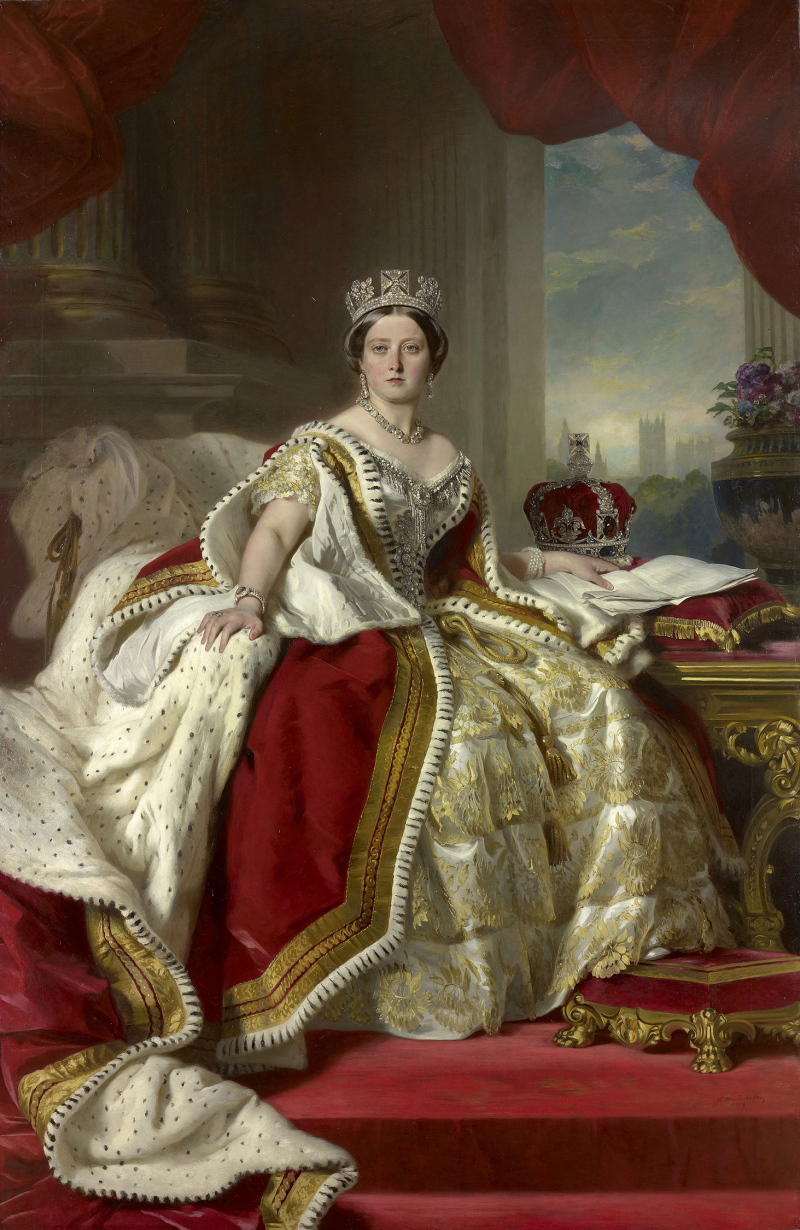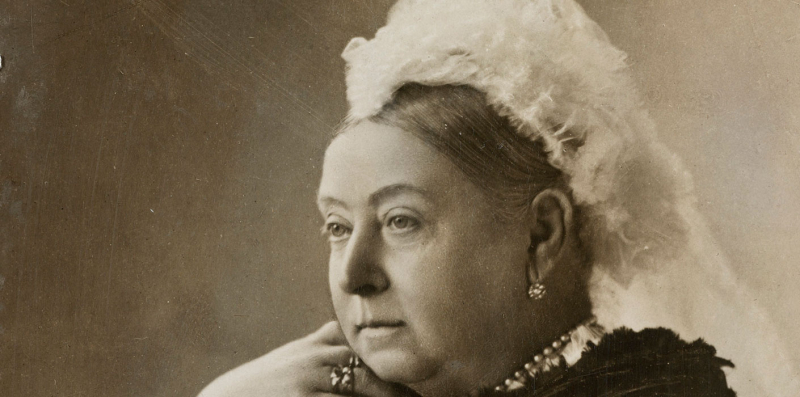Queen Victoria
In English history, Queen Victoria had the longest reign. She ascended to the throne in 1837 as a young woman, and she held the position until her death in 1901.
The queen's counselors pushed her to get more involved in kingdom affairs. She did this, leading to her rapid rise to fame. Victoria was able to establish itself as a reputable and well-liked institution at a period when the monarchy was beginning to lose its status as a fundamental component of the British governmental structure.
The Queen had set an example of family life for the democratic British, which they admired and respected. They observed that the Queen and her family have similar moral and religious principles. Victoria managed to move people with her novel. She was successful in persuading the newly industrialized country that the monarchy was a link to the proud past of the nation. The monarchy was suddenly no longer in jeopardy. Since it had lost the majority of its political clout, it had never been safer. One of the opponents stated, "We have grown to assume that having a virtueous sovereign is natural.
In Europe, Queen Victoria was equally well-liked. After marrying members of her family into numerous European royal families, she earned the nickname "Grandmother of Europe." Emperor William II of Germany and Alexandra, the wife of Tsar Nicholas II of Russia, were among her grandchildren.














